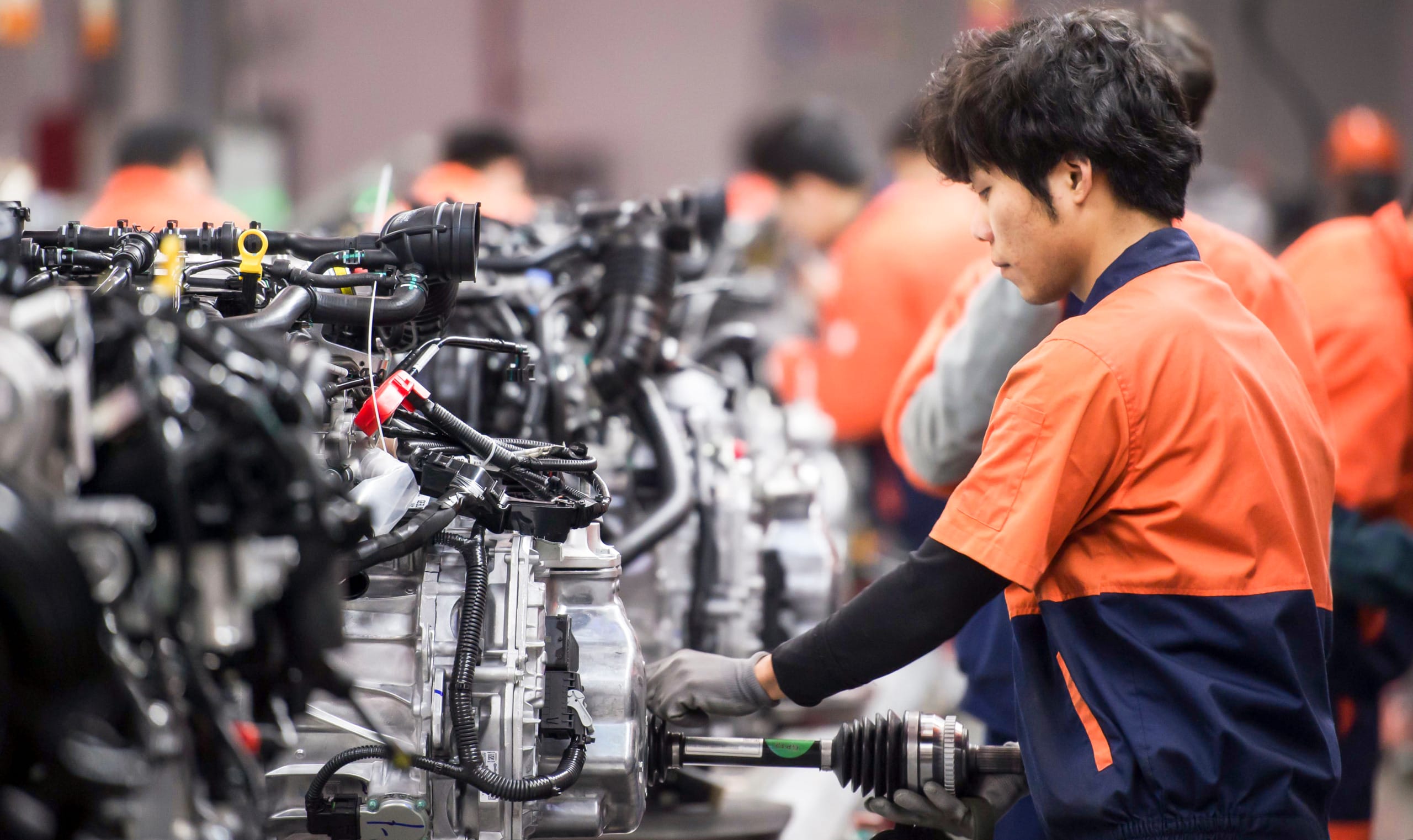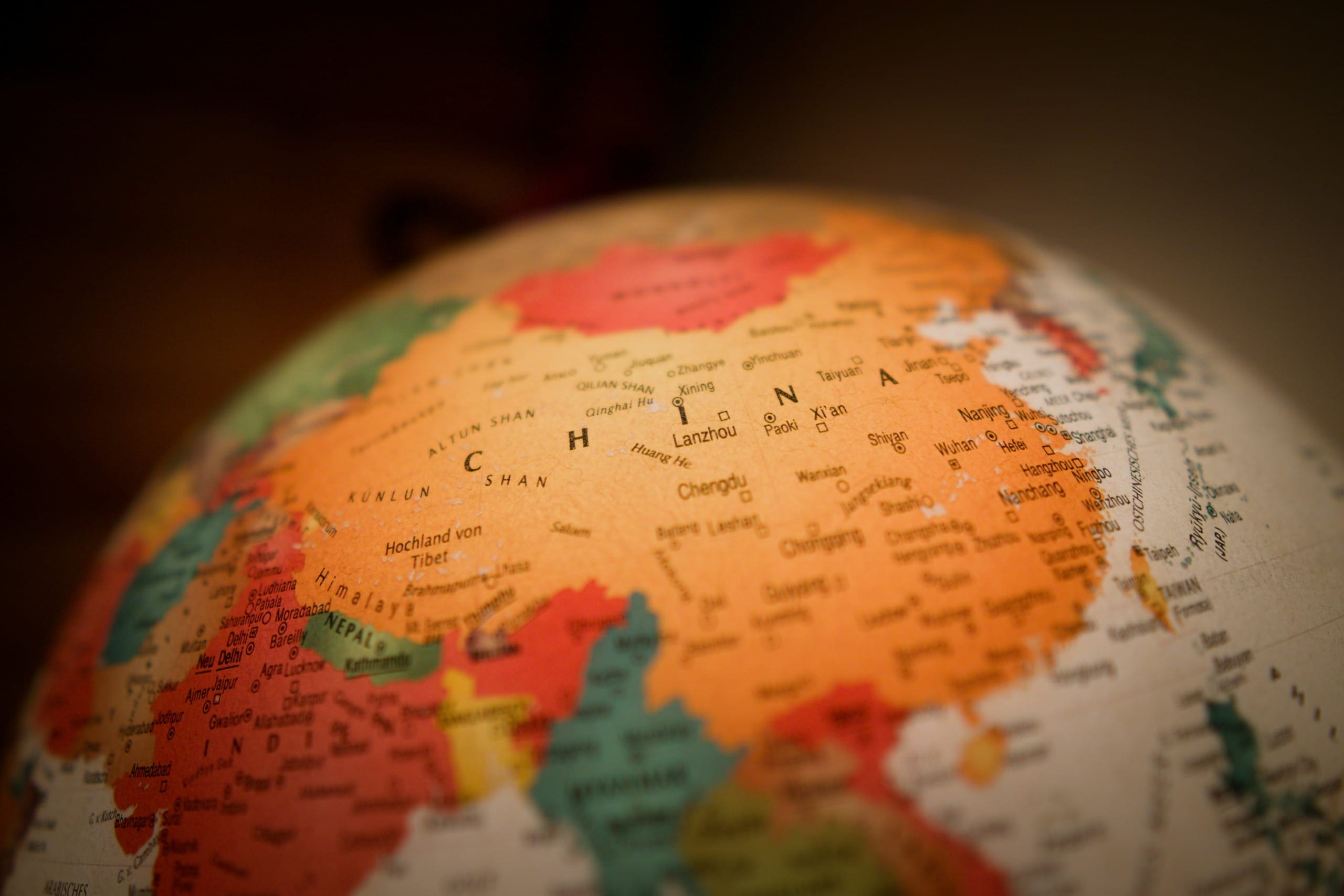
2020 presented unprecedented challenges for companies who were planning on launching manufacturing projects in China. The annual Chinese New Year celebration which presents by default a complete shutdown in production quickly evolved into major supply chain obstacles with Covid-19 affecting manufacturing in all sectors. A worldwide shortage of PPE led to businesses, hospitals, and municipalities scrambling for facemasks and gowns as China first depleted their own safety stocks then saw first-time entrepreneurs getting into the game. This meant that states had to make decisions on the fly about orders involving millions of dollars. Without having a capable and experienced China factory consultant, many countries even were left holding inferior or non-compliant products they could not distribute.
With little time to react, suppliers in China who had never manufactured PPE were stepping into a category with which they had no previous experience. Certifications and expertise were minimal as factories who perhaps had been manufacturing handbags just months prior rushed to capitalize on worldwide demand. Prices escalated to 10X of traditional costs and often time for inferior products. All of these problems could have been avoided by consulting a good supply chain consultant in China.
Often China quality control is considered to be a process of inspection and for most this means when finished products are complete and ready for packaging and shipping. Some very smart professionals assume when a factory says it has a quality control department this is enough to allay concerns regarding defects and errors. Quality Assurance (QA) is much more than inspections and involves attention to every detail when producing a product. A sound Quality Assurance program takes months and even years to refine. It is a process ingrained into the culture of a factory from the attention to inbound materials and raw ingredients to checklists, product standards, and even worker safety and hygiene.
There is no substitute for in-person factory audits to evaluate potential suppliers which should be done prior to selecting a supplier. This often-overlooked step when selecting a supplier in Asia could mitigate enormous costs and delays. Spending just 2-3 days visiting a factory, inspecting equipment, and meeting with managers and owners can eliminate crucial missteps and details lost in translation. However, is a one-time factory audit enough to protect your brand? What passes muster after a first visit can simply be a manufacturer’s preparation for a pre-announced set of objective criteria. It’s what lies in the subjective that really makes a difference.
We’ve all heard the overused term “from the top down” to describe management philosophy. When selecting a contract manufacturer in Asia it is important to meet and spend time with the boss and more importantly the owner. His or her attitude toward worker safety and quality assurance can be found in some simple details such as investment in QC staff or ongoing certifications such as ISO or Lean. How the factory maintains its equipment and records is another telltale sign of how well they will take care of you as a customer and regard the quality of your finished goods.
In-person visits to China and anywhere in Asia may be limited or impossible in 2020 for the U.S. and the rest of the world as we all navigate new restrictions mandated due to Covid19. Managing quality assurance in outsource manufacturing projects in Asia still requires keen and consistent oversight. It’s important QA/QC is still embedded in every project which is something that may require finding the right partner on the ground in Asia.
About the Author
David Alexander is President of Baysource Global, a leading Asia Supply Chain organization founded in 2005. David leads Baysource’s team of experts in assisting some of the leading brands in the U.S. to manage their strategic sourcing, vendor management, QA/QC, and overall Asia supply chain initiatives. Connect with David on LinkedIn and follow Baysource Global for updates.

Contact Us






Follow Us